The Diocese of San Diego has officially filed for bankruptcy amidst a surge of lawsuits alleging sexual abuse of minors by priests, religious, and lay members. Cardinal Robert McElroy made the announcement July 17th, marking the second time the diocese has sought bankruptcy protection. The decision comes in response to approximately 450 lawsuits, 16 months after McElroy first hinted at the possibility.
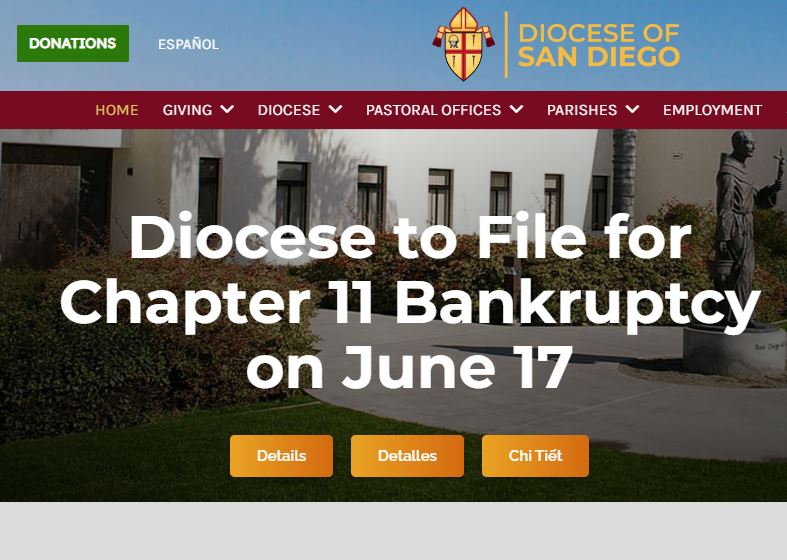
In a letter dated June 13, McElroy explained the rationale behind the decision, emphasizing that bankruptcy would enable the diocese to fairly compensate victims while continuing its core mission of education, pastoral service, and outreach. “For the past year, the Diocese has held substantive and helpful negotiations with attorneys representing the victims of abuse,” McElroy wrote. “I, in collaboration with the leadership of the Diocese, have come to the conclusion that this is the moment to enter formally into bankruptcy and continue negotiations as part of the bankruptcy process.”
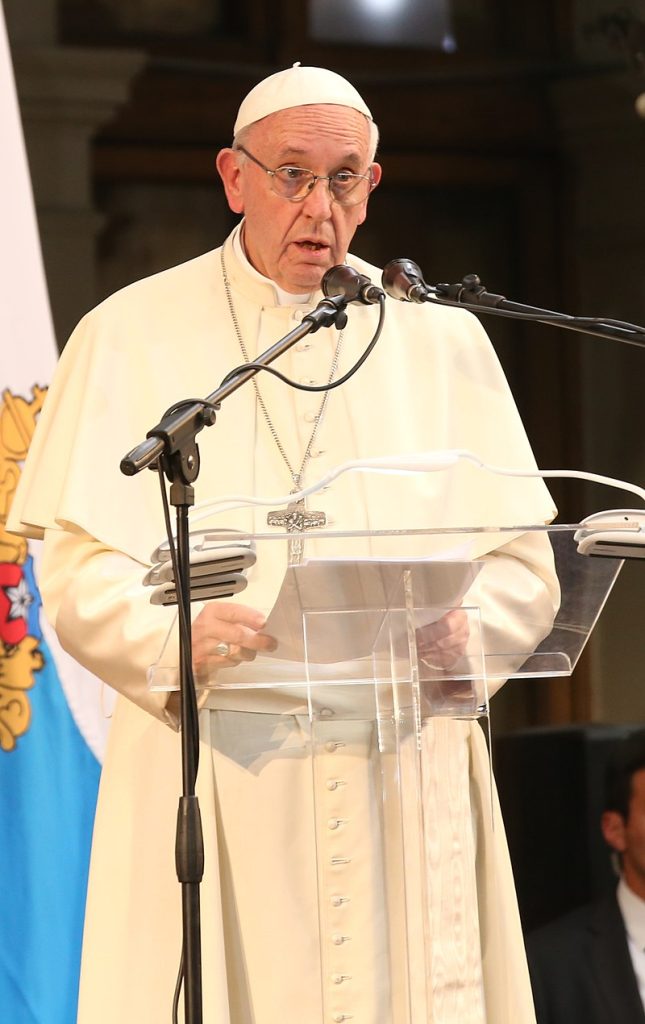
This development, however, has reignited a longstanding debate about the financial practices and tax-exempt status of religious institutions. Critics argue that the San Diego Diocese’s financial woes highlight the need for churches to be subject to taxation, similar to other organizations and businesses. The growing number of lawsuits and the subsequent bankruptcy filing underscore concerns about transparency and accountability in church finances.

Lawyers representing the survivors have expressed their discontent with the bankruptcy filing. Irwin Zalkin, an attorney for the Zalkin Law Firm, criticized the move as a strategic effort to minimize compensation for victims. “After nearly a year of mediation, we were hoping that child sexual abuse survivors, the Diocese, and its insurer would have been able to reach a settlement and an agreed plan for compensating victims,” Zalkin said. “Unfortunately, that hasn’t happened.”
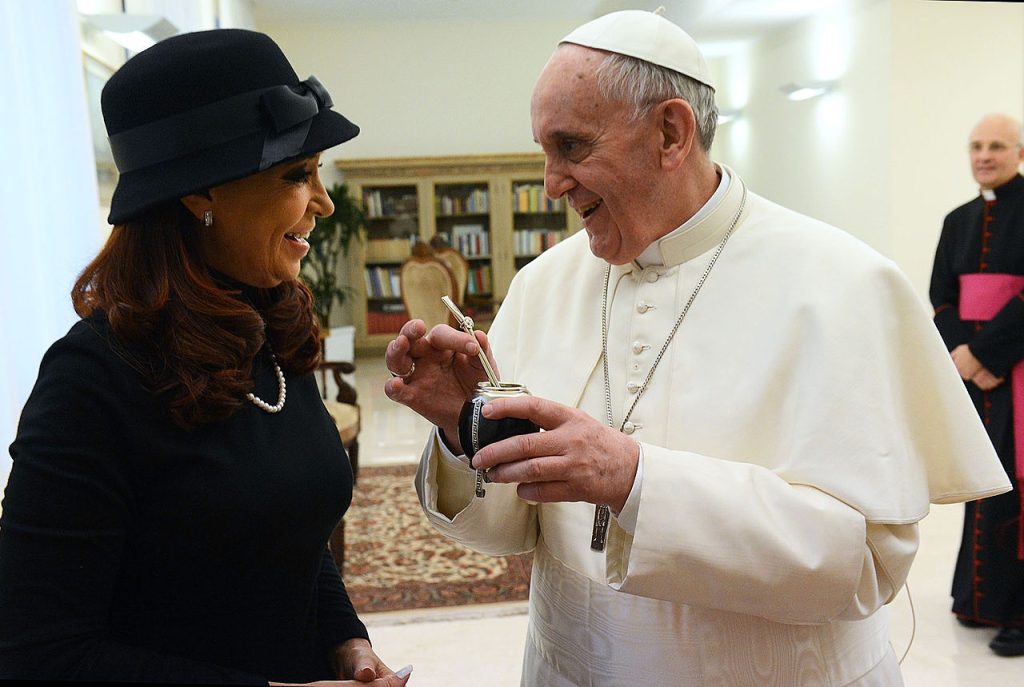
Zalkin further accused Catholic dioceses nationwide of misusing Chapter 11 bankruptcies to sidestep adequate compensation for survivors and deprive them of their right to trial. “It has become very clear that these Catholic Dioceses and their insurers have adopted a national strategy to use Chapter 11 bankruptcies to resolve child sexual abuse cases in a way that reduces the compensation paid to survivors,” he added.
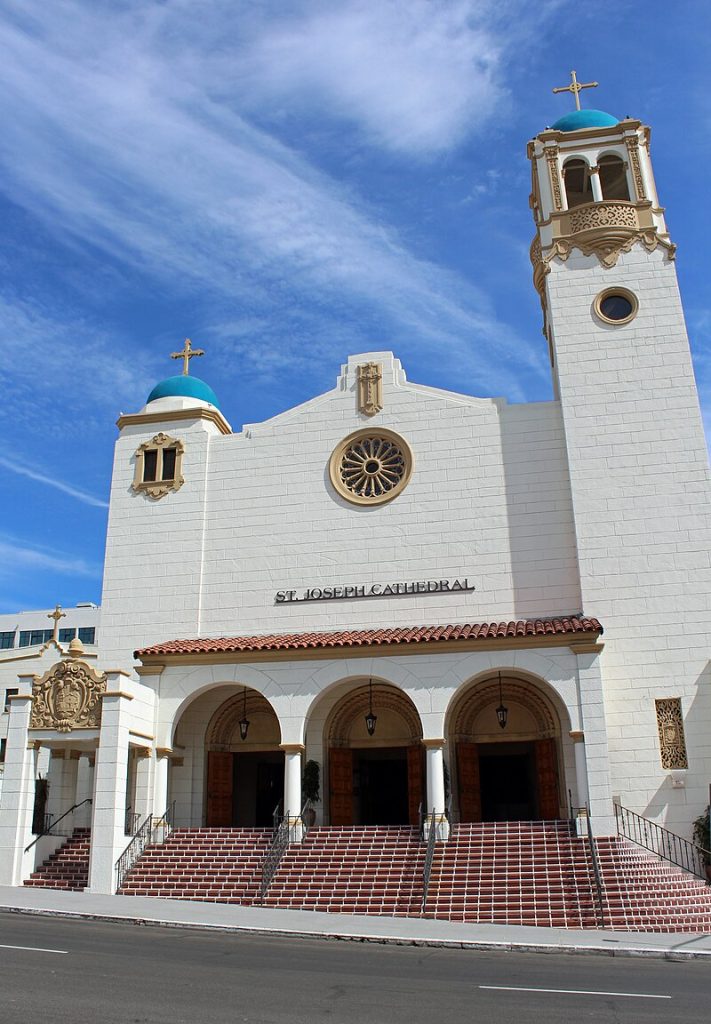
The influx of lawsuits against the Diocese of San Diego follows the passage of California legislation AB 218 in 2019, which temporarily lifted the statute of limitations on claims of sexual abuse of minors. This legal change opened a three-year window from January 1, 2020, to December 31, 2022, during which survivors could file lawsuits regardless of when the abuse occurred.
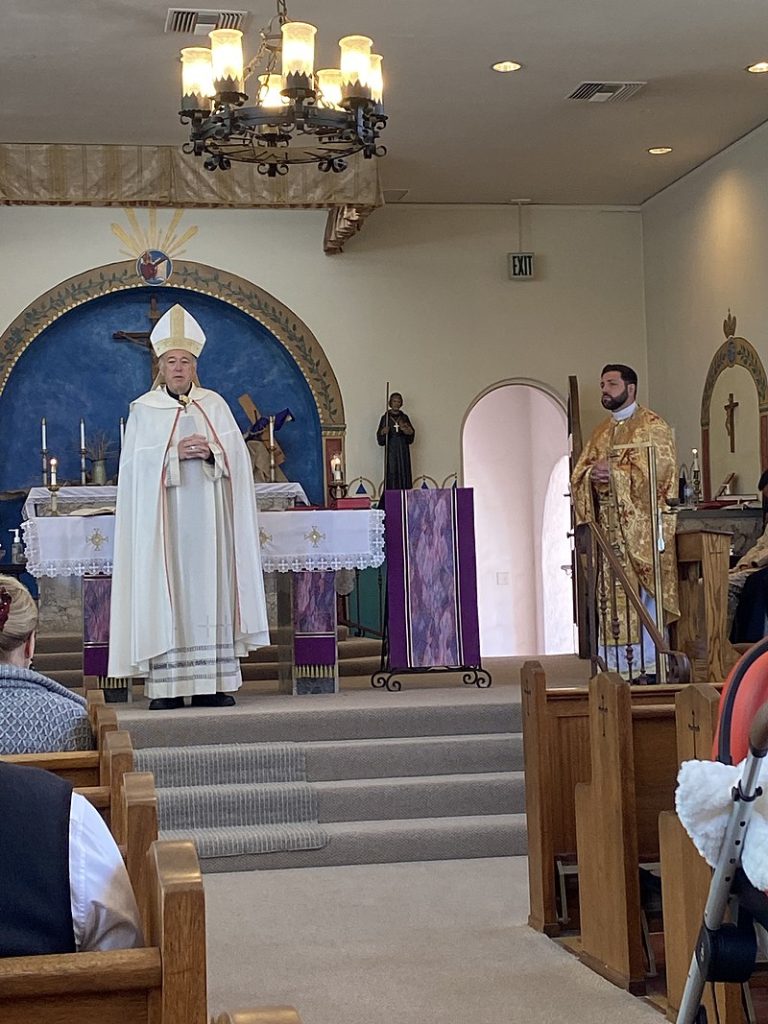
In 2007, following a similar lifting of the statute of limitations, the Diocese of San Diego paid $198 million to settle 144 claims of abuse. McElroy has previously noted that these settlements depleted most of the diocese’s assets. Given the current number of lawsuits, the diocese’s financial liability could potentially reach $500-$600 million.
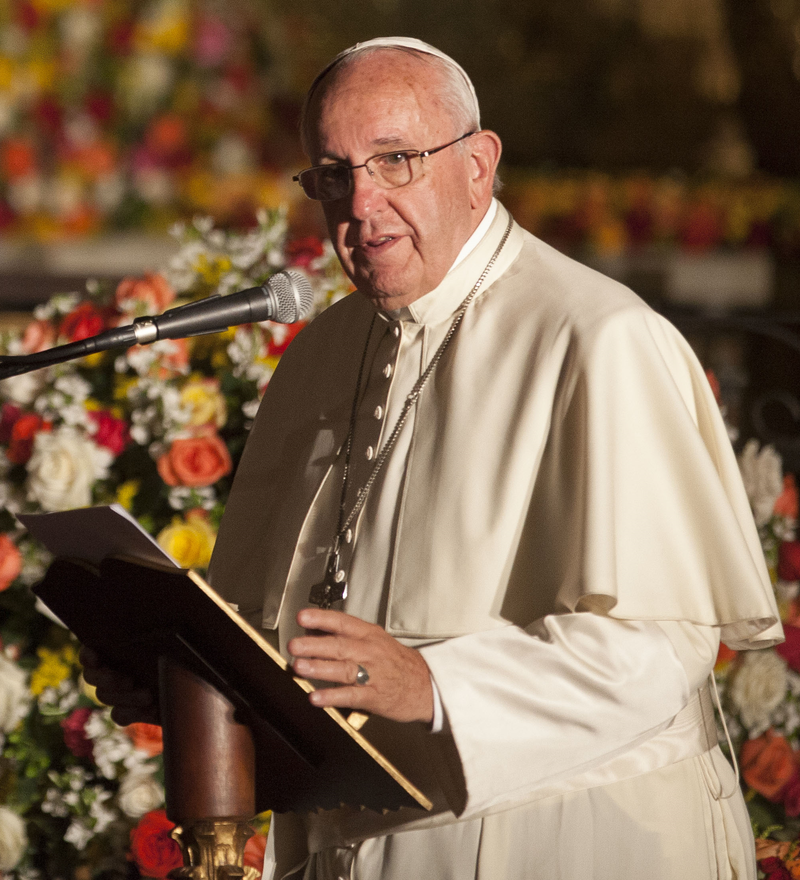
Critics argue that the tax-exempt status of religious institutions enables them to amass wealth and property without the same level of financial scrutiny faced by other organizations. This lack of transparency can obscure financial mismanagement and, in cases like that of the San Diego Diocese, complicate efforts to provide adequate compensation to abuse survivors. By taxing churches, proponents argue, there would be greater accountability and resources available for victim compensation and public services.
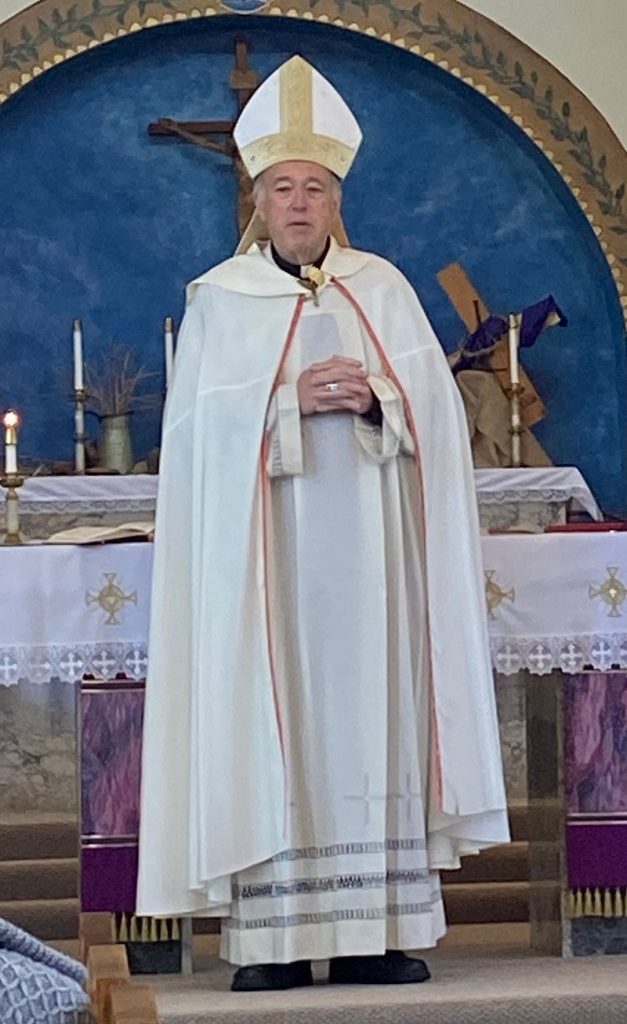
McElroy indicated that although only the diocese itself will be filing for bankruptcy, diocesan parishes and high schools will need to contribute significantly to the settlement. “While only the diocese will be filing for bankruptcy, both diocesan parishes and high schools will have to contribute substantially to the ultimate settlement in order to bring finality to the liability they face,” he noted in his letter.
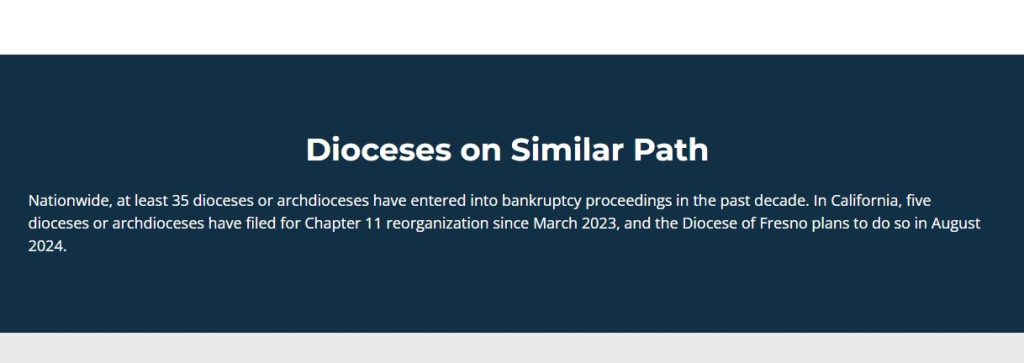
San Diego is now the sixth California diocese to file for bankruptcy, joining the ranks of Fresno, which filed last month, as well as San Francisco, Sacramento, and Oakland. The Diocese of Fresno faces 154 child sex abuse lawsuits, underscoring the widespread nature of the crisis within the Catholic Church in California.
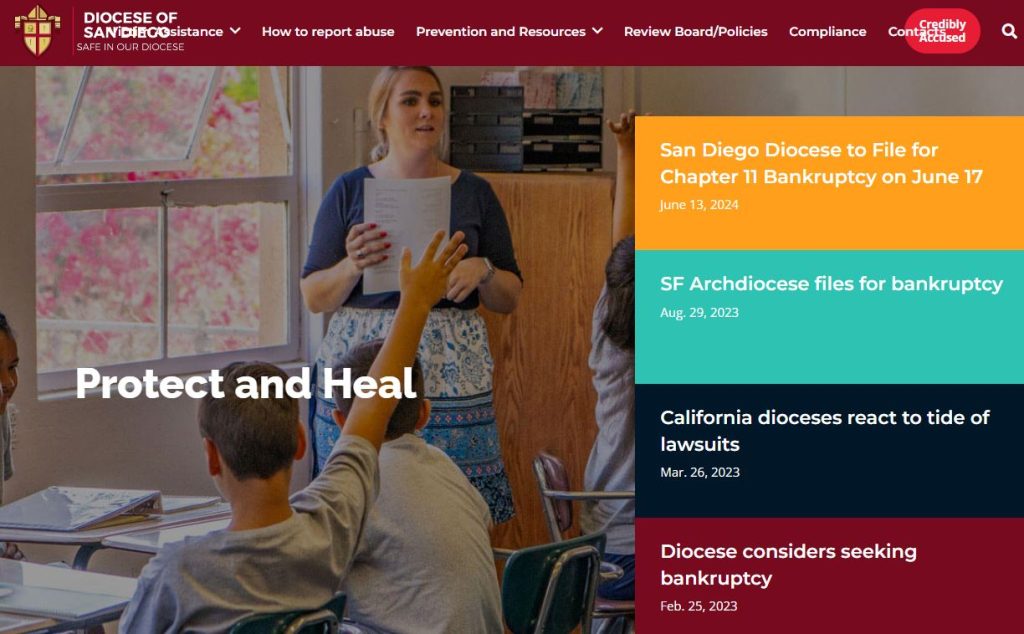
As the debate over the taxation of religious institutions continues, the financial distress and legal challenges facing the Diocese of San Diego may serve as a catalyst for change. Proponents of taxing churches argue that it would lead to greater transparency and accountability, ensuring that institutions claiming moral authority also meet their financial obligations to society. The path ahead for the Diocese of San Diego is fraught with challenges, but McElroy remains committed to navigating the bankruptcy process with a focus on justice for survivors and the continuation of the church’s mission. As the diocese embarks on this difficult journey, the faithful are called to remember the victims and the moral imperative to address the past failures that have led to this moment.





